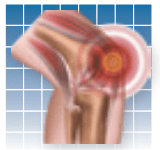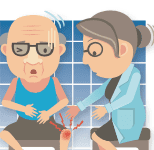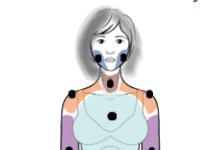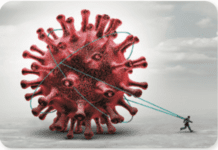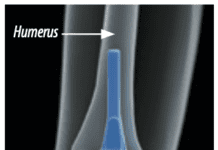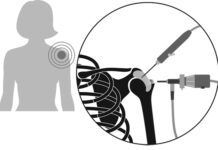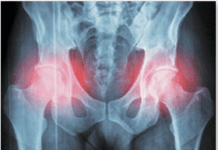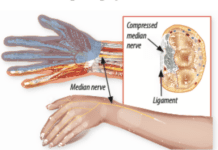Judith Scheman, PhD, was rollerblading one day in July. She had a firm command of navigating on the inline skates. Stopping, however, was another story. The day after, sore and bruised from a nasty fall, she took stock of her situation: She was in pain, but she didnt break any bones; she would heal, although not as quickly as she used to; her accident would not ruin her life, and her pain was not life-threatening. The pain from such an injury is known as acute pain, but once the pain persists beyond the time of normal healing, it becomes chronic pain-and chronic pain needs to be treated differently. Acute pain calls for rest and recuperation. If chronic pain, on the other hand, is treated with excessive rest and activity avoidance, it can lead to a life-ruining downward spiral of deconditioning, and more pain, says Dr. Scheman, director of the Chronic Pain Rehabilitation Program in the Neurological Center at the Pain Medicine Section of Cleveland Clinics Neurological Institute
To continue reading this article or issue you must be a paid subscriber.
Sign in






